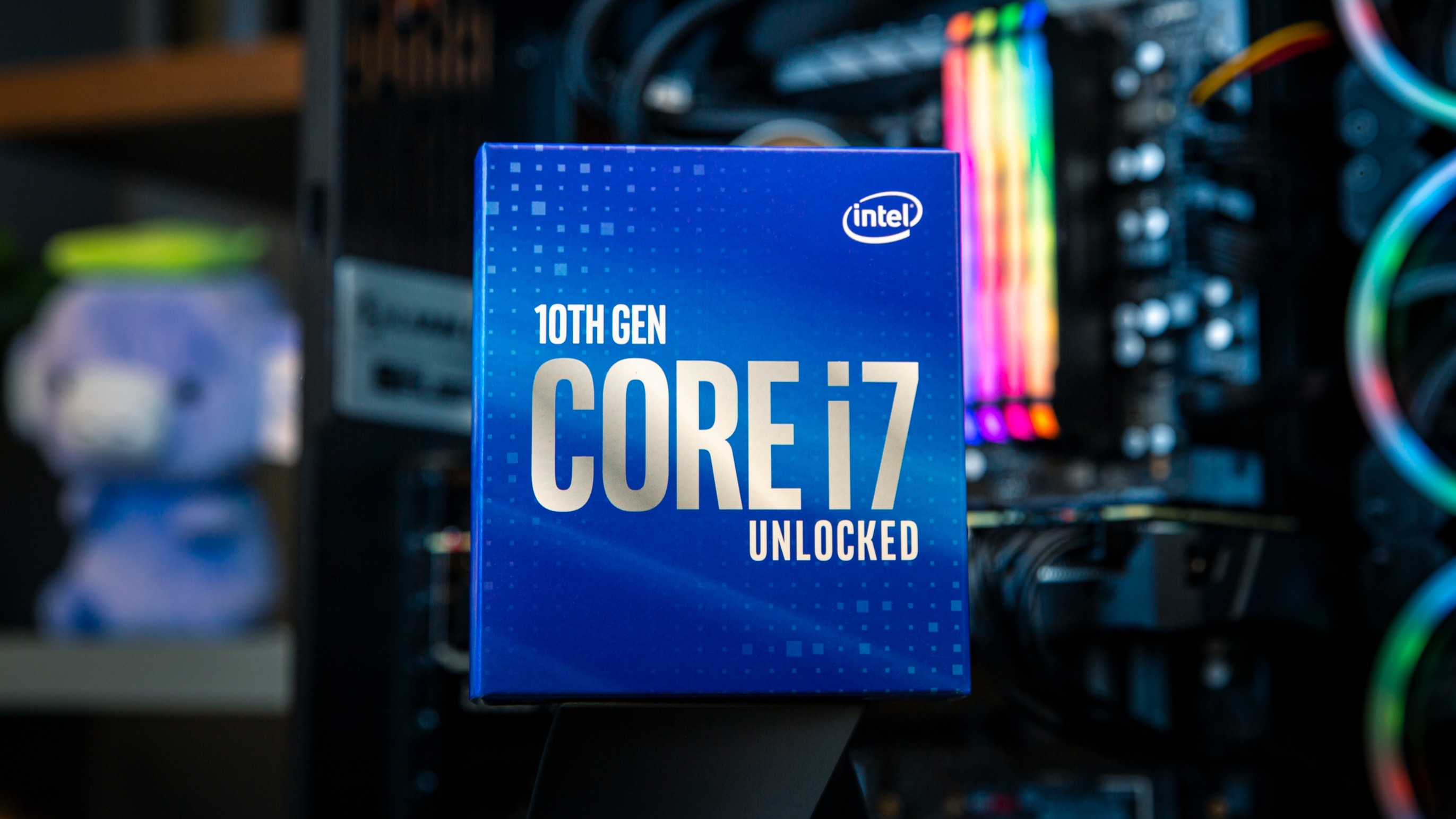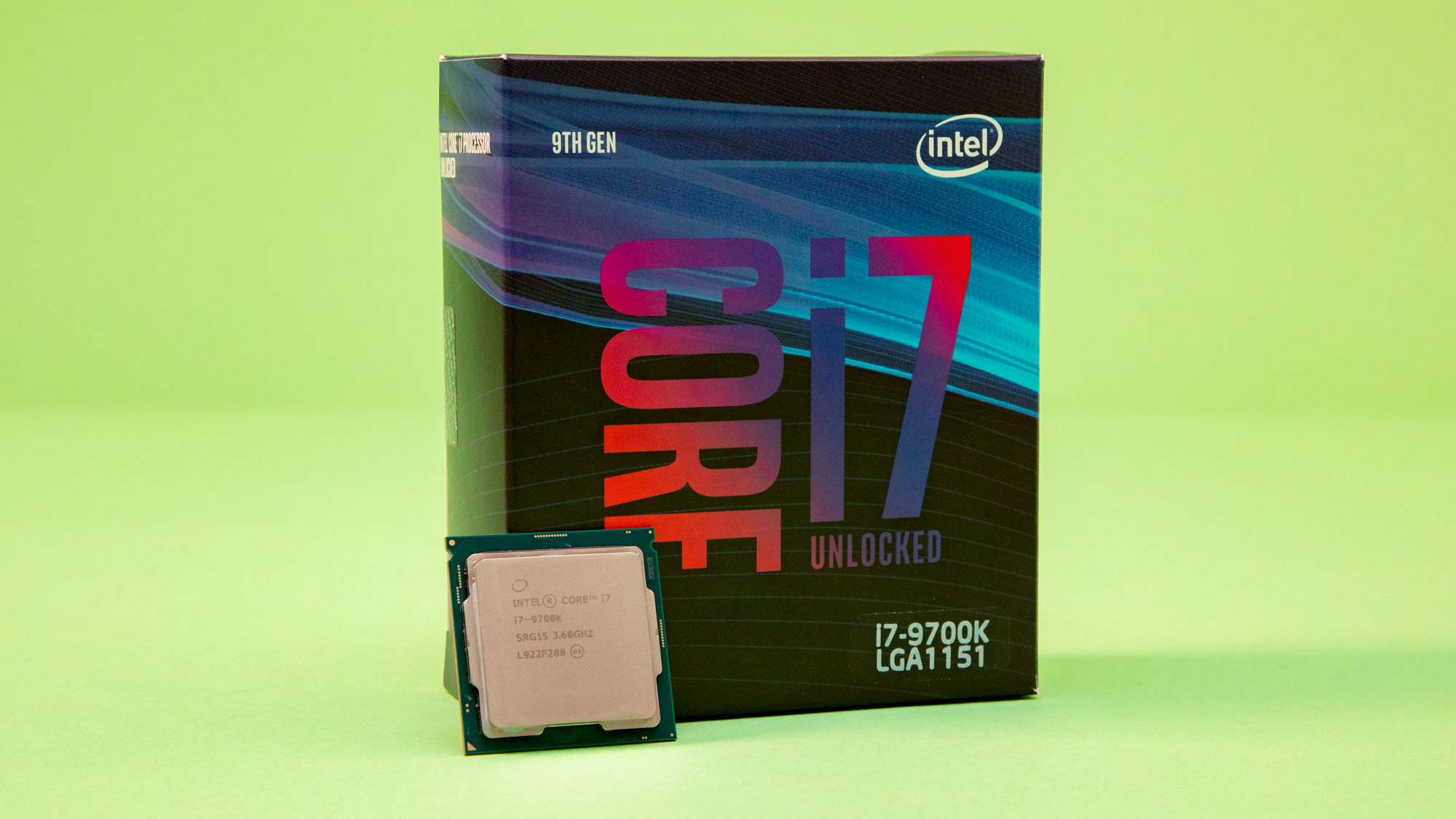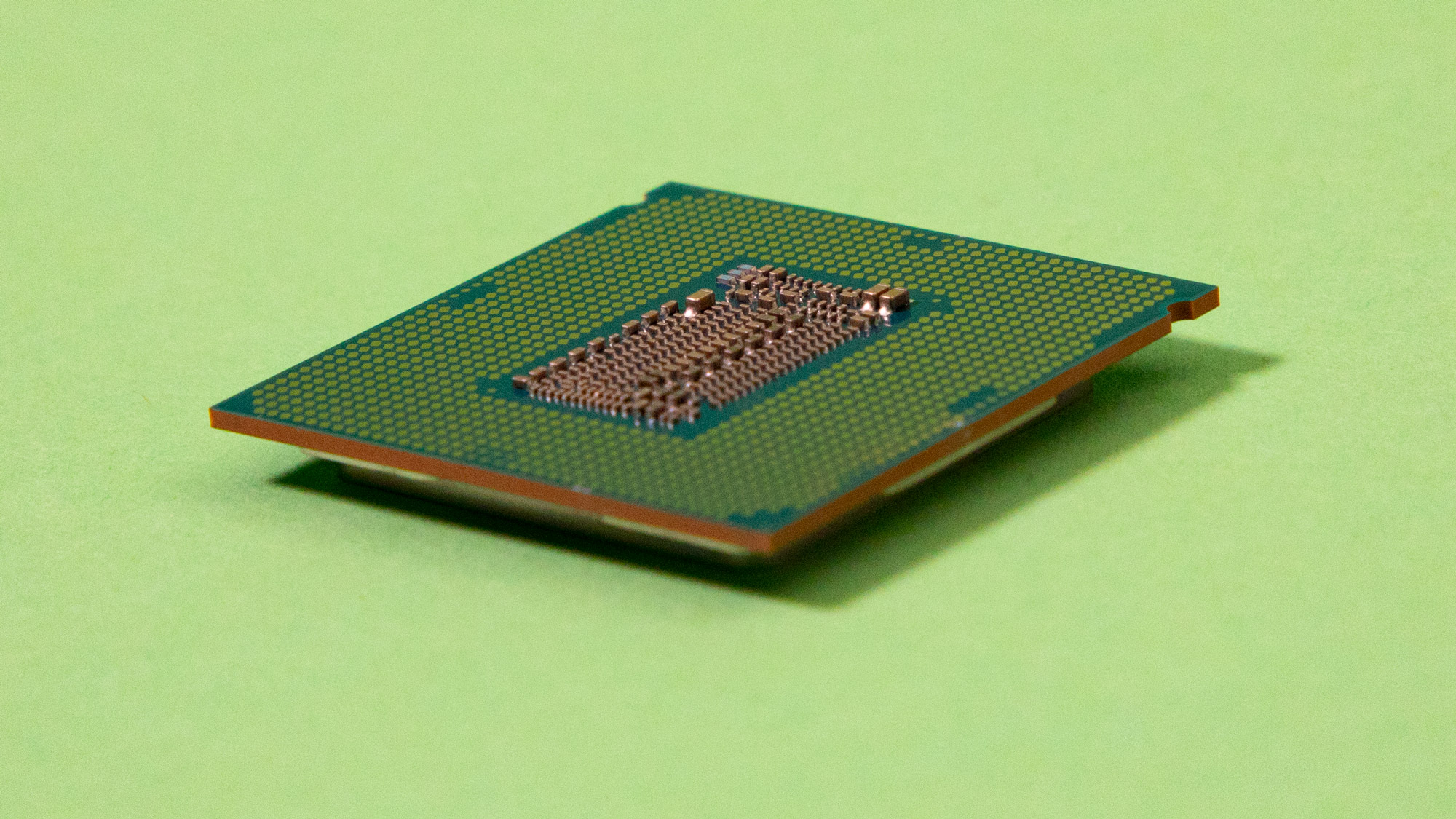Intel Core i7-10700K vs Intel Core i7-9700K: how does Intel’s 10th Gen chip stack up?
This one supports hyper-threading

Intel has announced a bevy of new 10th Gen processors at its Comet Lake-S launch, including its new eight-core Intel Core i7-10700K.
It’s likely to be a popular choice among PC gaming enthusiasts, but how does the new chip stack up against 2019’s 9th generation Intel Core i7-9700K? And is there enough of a reason to upgrade to the i7-10700K?
In this article, we’ll put the two processors head-to-head and see if Intel’s 10th Gen chip is worth your hard-earned cash over the Intel Core i7-9700K.
Price and availability
Released in mid-November 2019 for $374 (about £290, AU$530), the Intel Core i7-9700K is still an excellent processor, and we praised its impressive single-thread performance and thermals in our review.
Thankfully the Intel Core i7-10700K comes in at the same recommended price point as the i7-9700K at $374. We did see some discrepancies for UK pricing during the release of the i7-9700K, however, so we’d be surprised if UK consumers don’t end up paying a slight premium.

Specifications
So how does Intel’s 10th generation chip differ from its predecessor? Well, both processors come with eight-cores, but the i7-10700K boosts the thread count from eight-threads to sixteen, and supports hyper-threading this time around.
There’s a noticeable difference in the thermal design power of each chip, too, as the i7-10700K has a TDP of 125W, compared to the i7-9700K’s 95W. The i7-10700K also includes a 20MB cache instead of 12MB.
Sign up for breaking news, reviews, opinion, top tech deals, and more.
The Intel Core i7-10700K also has a rated base clock of 3.8GHz compared to 3.6GHz on the Intel Core i7-9700K. Both processors can boost one core using Intel’s Turbo Boost technology, with the i7-10700K reaching up to 5GHz, while the i7-9700K can reach clock speeds of 4.9GHz.
Just like the i7-9700K, the Intel Core i7-10700K is unlocked, and we found that the i7-9700K was an ideal candidate for overclocking as it featured a soldered integrated heat spreader (IHS) instead of the more basic Thermal Interface Material (TIM - aka thermal paste), something which we hadn’t seen since 2nd generation Sandy Bridge Core processors.
Intel has added its Thin Die STIM to the i7-10700K, which promises improved thermal performance, but the higher TDP may require a beefier cooling solution when the CPU is pushed to its limits.

Intel Core i7-10700K vs Intel Core i7-9700K: should you upgrade?
That’s the big question, and the answer will obviously vary depending on your budget and needs.
Of course, we won’t be able to provide you with a definitive answer until we’ve put Intel’s new 10th Gen chip through its paces, but it’s clear that the i7-10700K is a pleasing upgrade over the i7-9700K.
Crucially, if you’re in the market for a new CPU, then you’re getting more power for the same price as last year’s model, which is always a winner.
- These are the best processors money can buy

Adam was formerly TRG's Hardware Editor. A law graduate with an exceptional track record in content creation and online engagement, Adam has penned scintillating copy for various technology sites and also established his very own award-nominated video games website. He’s previously worked at Nintendo of Europe as a Content Marketing Editor and once played Halo 5: Guardians for over 51 hours for charity. He is now an editor at The Shortcut.